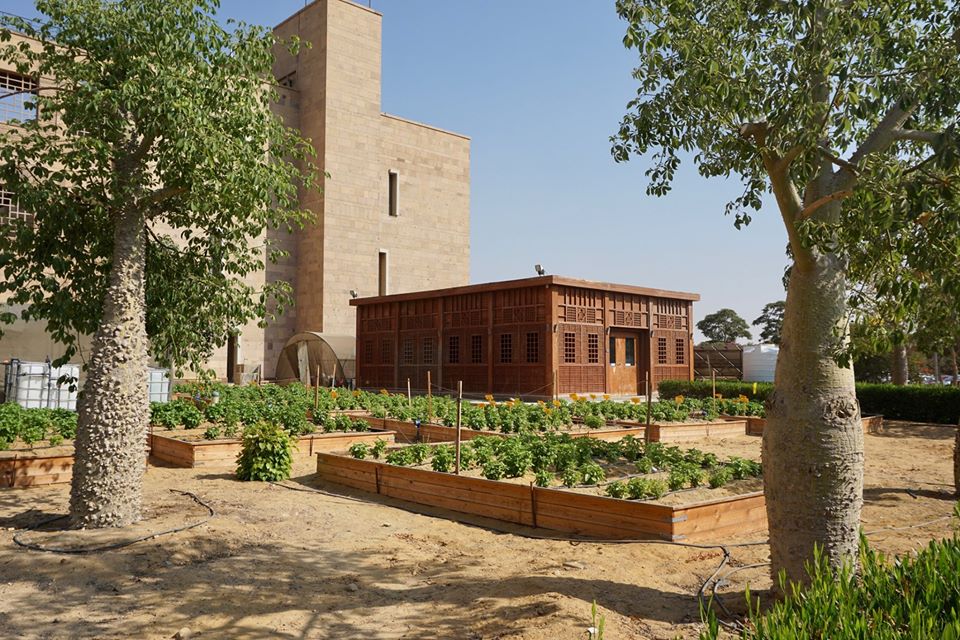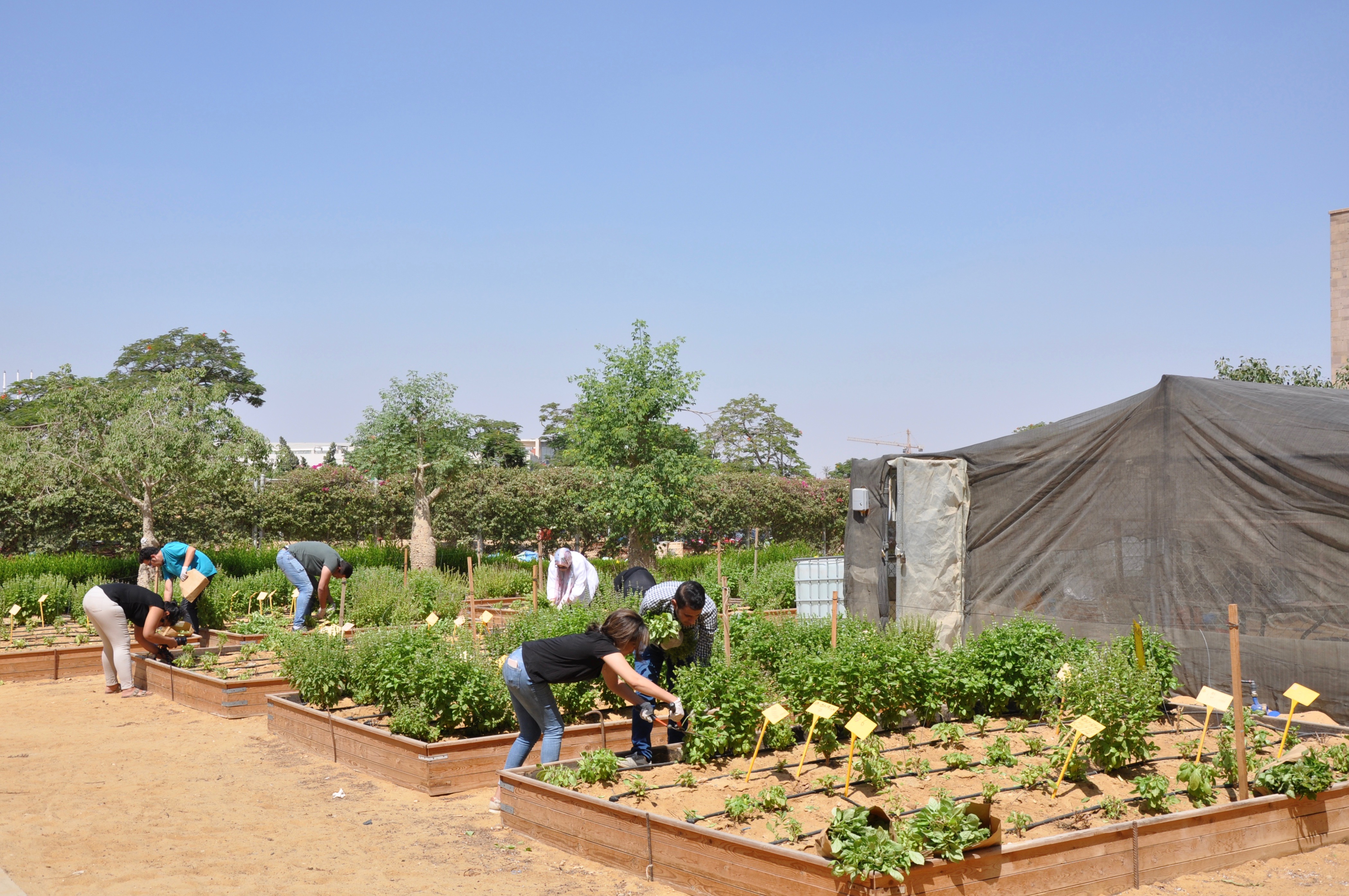
Investigating a Semi-Commercial Pilot Model for Sustainable Urban Agriculture

It is a promising field, especially for developing countries like Egypt. However, such solutions still require further study and research to fully overcome any potential challenges.
The aim of the proposed model is to maximize the productivity of a unit m3 of water in terms of valuable products such as crops and fish. The proposed solution treats brackish water using Reverse Osmosis (RO) membrane technology, which has recently evolved to be less energy-intensive. Produced fresh water will be directed to an Aquaponic /Aquaculture farm. While the Aquaponic farm consists of a soilless Deep Water Culture, where nutrient-rich water is circulated, and plants float on polystyrene rafts, the Aquaculture farm aims to study the production and growth response of crops to drip irrigation using nutrient-rich fish pond water. In both cases, when fish is fed, it produces ammonia-rich waste. The cultured bacteria in the grow beds and the fish tank/pond break down the waste into nutrients that are to be absorbed by the plants. Both farms will produce crops and fish. The proposed pilot will not only be economically profitable but also socially and environmentally sustainable.
The project-specific aims are as follows:
- Maximizing the productivity of a unit m3 of water in terms of valuable (sellable) products such as crops and fish.
- Building a semi-commercial or pilot size model generating income, creating employment opportunities, and empowering women and youth.
- Addressing potential challenges and process optimization such as food safety, water and soil quality, socio-economic impacts, and relevant technical experience.
- Investigating vital parameters for the sustainability and success of the proposed model